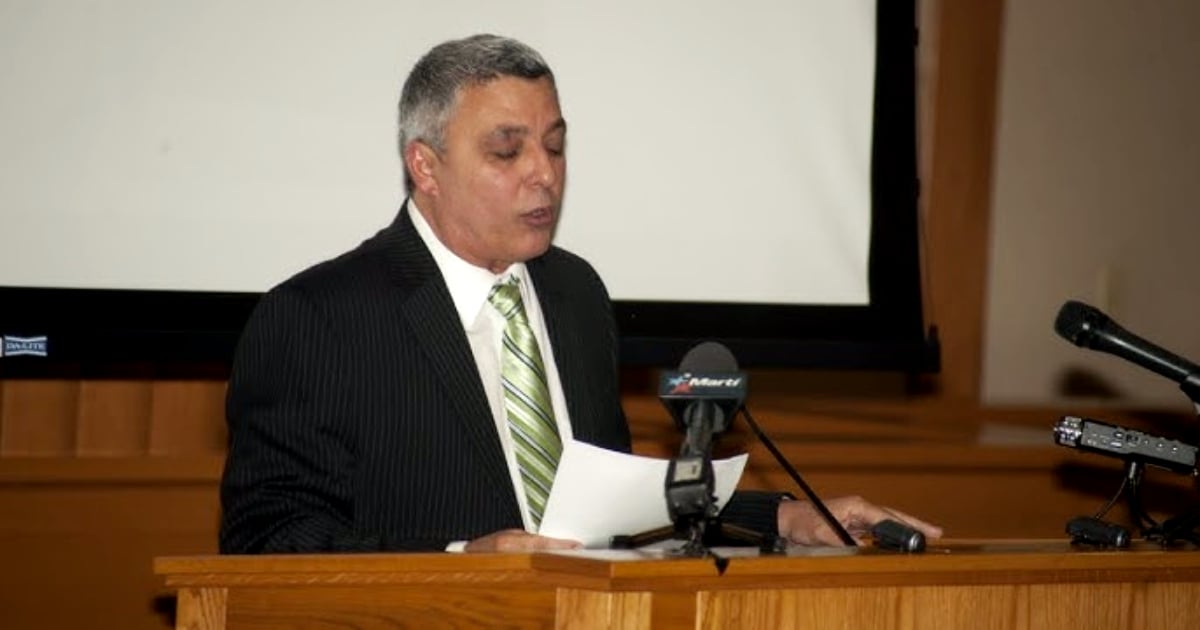
The Cuban writer and journalist Armando de Armas, an emblematic figure of exile and Cuban literature, passed away this Wednesday, according to journalist Luis Felipe Rojas and writer Zoe Valdés.
The news, which was shared by Rojas through Facebook and later confirmed by Valdés in ZoePost, has moved the Cuban cultural community. So far, the causes of his death have not been specified. De Armas was just about to turn 66 years old on October 15.
Born in Santa Clara in 1958, De Armas graduated in Philology from the Central University of Las Villas. During the 1990s, he became actively involved in human rights movements and independent culture in Cuba.
In 1994, he made the decision to leave his homeland with a group of friends on an improvised boat, managing to reach the shores of the United States, where he was granted asylum.
However, his journey at sea did not end there: according to the profile of the intellectual published on Wikipedia, in 1995, he participated in the Flotilla Democracy, an initiative of Cuban exiles heading towards the island to protest against the regime. On that occasion, the ship Sundown II, in which he was traveling, sank on December 2.
De Armas' commitment to freedom of expression and human rights was reflected in his literary and activist work. In 1997, he was one of the founders of the PEN Club of Cuban Writers in Exile, alongside colleagues like Ángel Cuadra and Indaniro Restano, where he took on the role of vice president. This organization became a fundamental space for promoting Cuban writers who were outside the island.
Throughout his career, De Armas left a significant body of work, encompassing both narrative and essay. Among his most important titles are "La tabla" (2008), which recounts his experience of escaping Cuba, and "Caballeros en el Tiempo" (2013). He is also remembered for his essays, such as "Mitos del antiexilio" (2007), and his short story collections, including "Mala jugada" (1996) and "Carga de la Caballería" (2006).
What do you think?
COMMENTFiled under:






